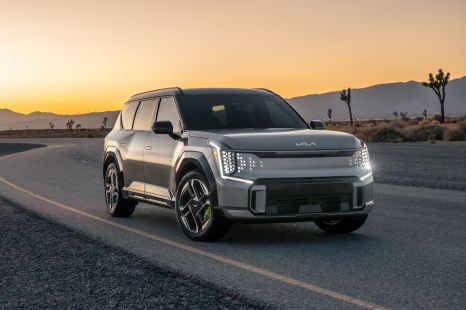

William Stopford
2026 Kia EV9: Hot GT arrives as Korean brand's priciest model ever
6 Hours Ago
'Disinformation and lies': Despite calling for CO2 targets for years, the FCAI has been accused of underhanded campaigning. What's the story?

Senior Contributor
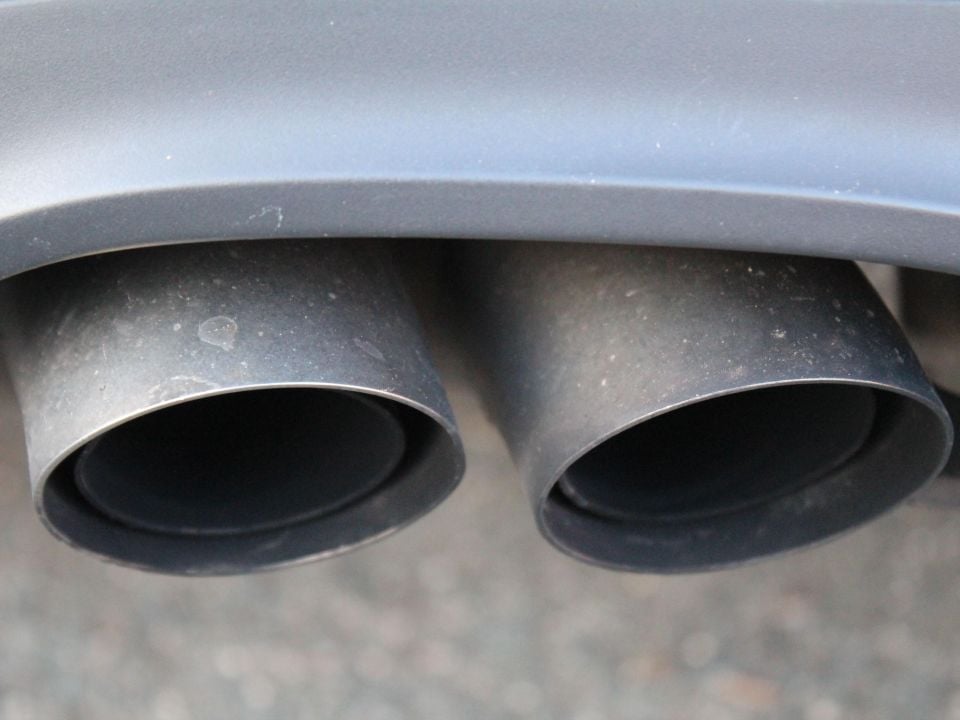

Senior Contributor
The peak lobby for Australia’s car brands has been pilloried for pitching a fuel efficiency and CO2 emissions-reduction scheme that’s less demanding on its members than similar policies in Europe or the United States.
The Federal Chamber of Automotive Industries (FCAI), the lobby group in question, retorts that it wants EVs and hybrids to flourish, but claims there are reasons why Australia cannot follow the same path to decarbonisation as other nations.
Update August 18 at 4.30pm: Australia’s Climate Council today released an open letter to be sent to FCAI member brands, which will be detailed below. This wider story was originally published on August 8, but we’ve updated it with these new quotes to provide greater context.
So what’s the story here, you ask?
According to FCAI-commissioned research being presented to media and government, the types of vehicles generally favoured by Australians and the places they’re sourced from will make it tough to cut its fleet emissions to the same degree as many other parts of the globe.
It also suggests that proposals to ban the sale of internal combustion vehicles in the 2030s risk pricing people out of the market as things stand – notwithstanding the recent rollout of rebates and tax cuts for EVs across the States and Territories.
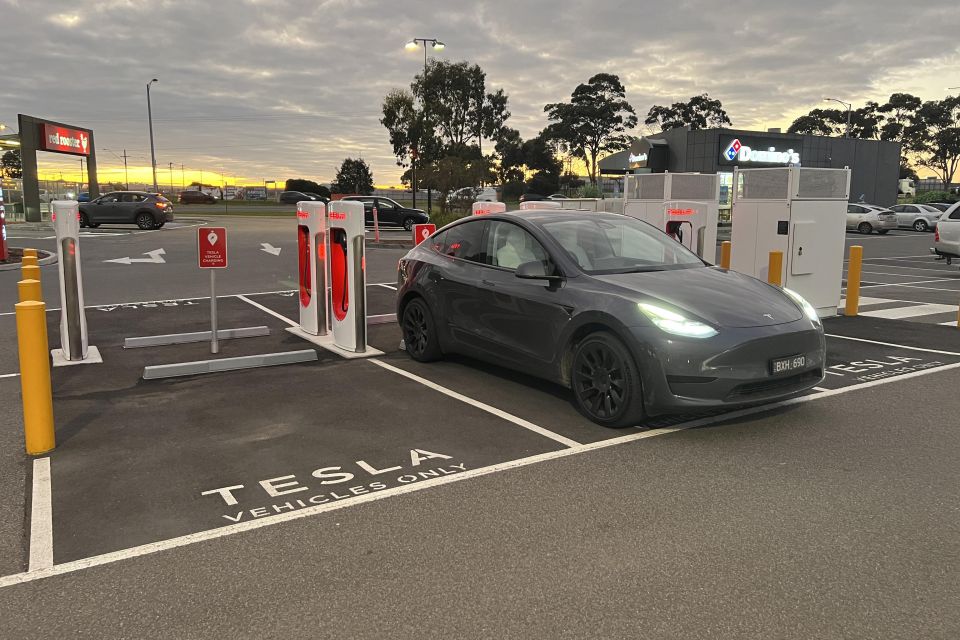
This latter point goes against many claims from car brands of cost parity being achievable well before then.
In effect the FCAI wants the Federal Government’s long-called-for, binding CO2 reduction scheme to be broadly in line with its voluntary targets suggested to car brands out to 2030 – though it reserves the right to tighten them as time goes on, it claims.
A properly binding scheme, which fines car brands for exceeding their fleet average target, is widely seen as a key plank for getting car makers to send more low-emission cars here; vehicles such as EVs, which remain hugely supply constrained and thereby less common than they should be.
Countries that fine car makers for failing to sell enough low-CO2 cars tend to get priority from factories. Australia is an outlier in that it lacks this sort of binding CO2 plan, which is one major reason car brands say they don’t have enough stock of green cars here to meet demand.
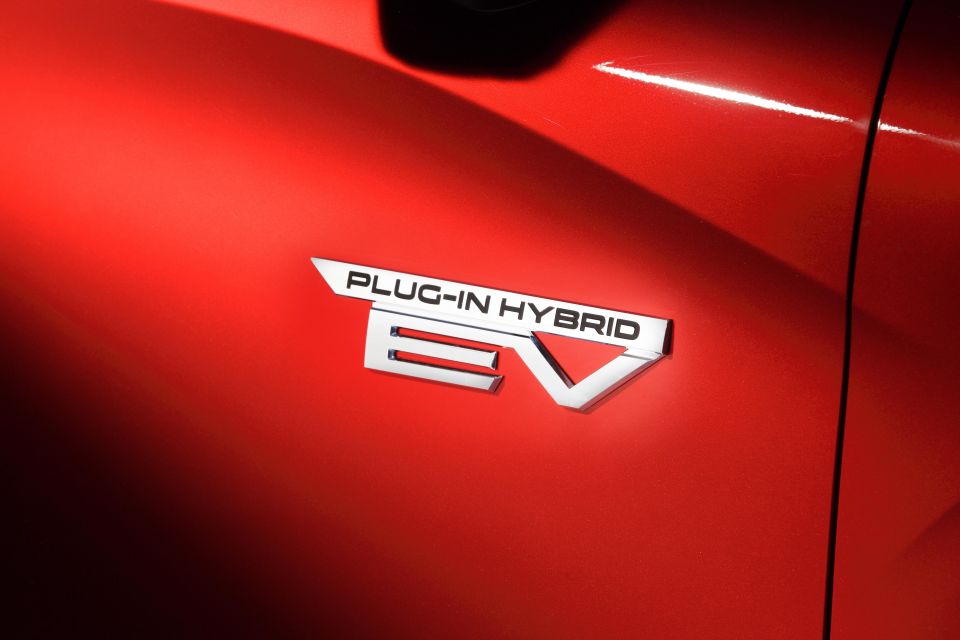
The Morrison government failed to enact one, and the Albanese government has yet to change the policy – though it almost certainly will, hence all the argy bargy between interest groups over what it looks like.
The FCAI has been calling on numerous governments to put such a scheme into law for years now, which does somewhat undermine the suggestion that it’s trying to halt the rollout of lower-emissions cars and promote guzzlers.
But there’s no argument that the FCAI’s voluntary CO2 reduction targets of 35 per cent per passenger car and light SUV by 2030 (to 98 grams per kilometre); and 26 per cent cut for utes, vans and heavy SUVs (to 143g/km), are weak in a global context. Too weak for many.
Europe already requires new cars to emit on average 95g/km and vans 147g/km – about the same as what the FCAI wants from Australia in 2030. By the end of this decade Europe wants a 55 per cent cut from today’s levels, and zero emissions from new vehicles starting in 2035.
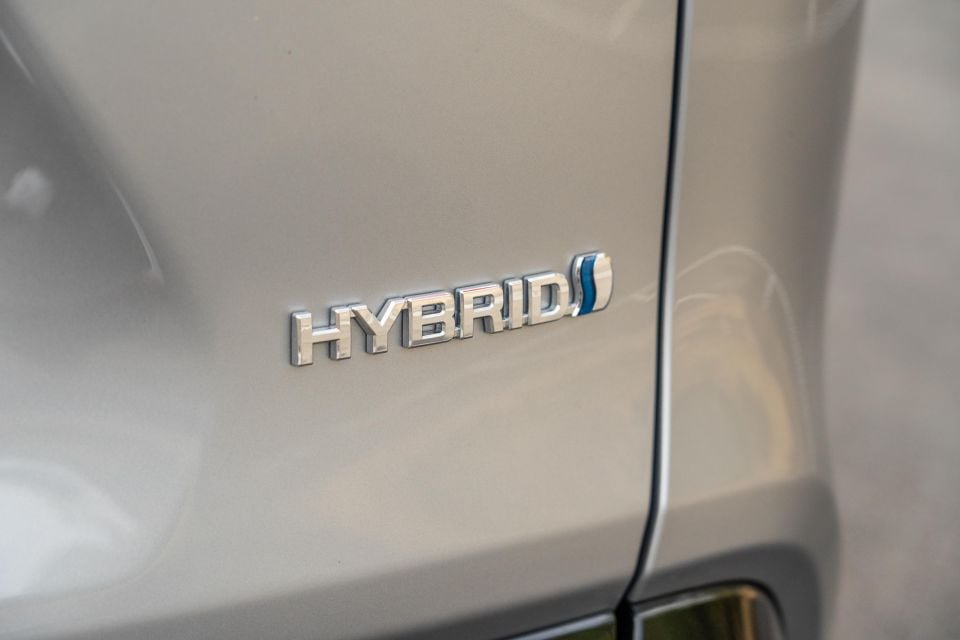
Current CO2 targets in the US, China, and even New Zealand appear tougher than those proposed by the FCAI as well. The situation is amplified by the fact that Australia’s fleet-wide CO2 emissions today are high on average already, meaning proposed cuts must go deeper.
Referring to the FCAI’s plan, both the Electric Vehicle Council and renewable energy advocacy group Solar Citizens said it doesn’t go remotely far enough, with the former going as far as saying the government must “ignore the weak standards some in industry are lobbying for”.
“Australia will languish at the end of the queue for the best and most affordable EVs, and fail to reach net zero, unless it ignores the car industry lobby and introduces legitimate fuel efficiency standards aligning with those enforced in the US or Europe,” the EV Council said.
An already widely-cited story in today’s Sydney Morning Herald accused the lobby of “a wide-ranging secret campaign” to delay the rollout of EVs and hamper the government’s desired 43 per cent CO2 cut by 2030, and net zero by 2050.
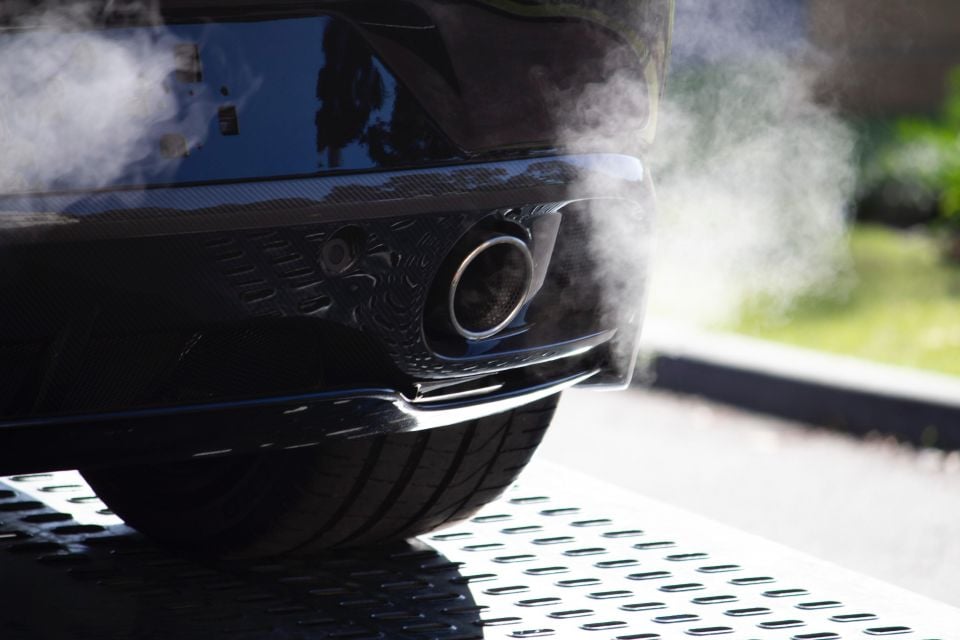
It’s true that the FCAI has been briefing industry stakeholders (including media) on a plan to, in its words, “decarbonise the light vehicle sector in the most efficient and effective way in the Australian context”, using research it commissioned from S&P Global Research.
The stated aims include outlining how and when lower-emission vehicles are expected to be sold in Australia with no change in policy; explaining the impact of various policy options to speed the transition; and helping with the negotiation of a legislated mandatory CO2 standard “appropriate for Australia”.
Some of the key findings include the claim that, if no levers are pulled, EVs will account for just 18 per cent of new vehicle sales in Australia by 2030 (about 2.0 per cent today), compared to 31 per cent share for mild hybrids (48V), 23 per cent for regular Toyota-style hybrids, and 24 per cent for ICE cars.
By 2033 the same report suggests the EV market share in Australia is on track to hit 25 per cent, again with no change in policy applied. The report claims about three-quarters of luxury-branded cars will be EV by this time, against just 21 per cent of mainstream cars.
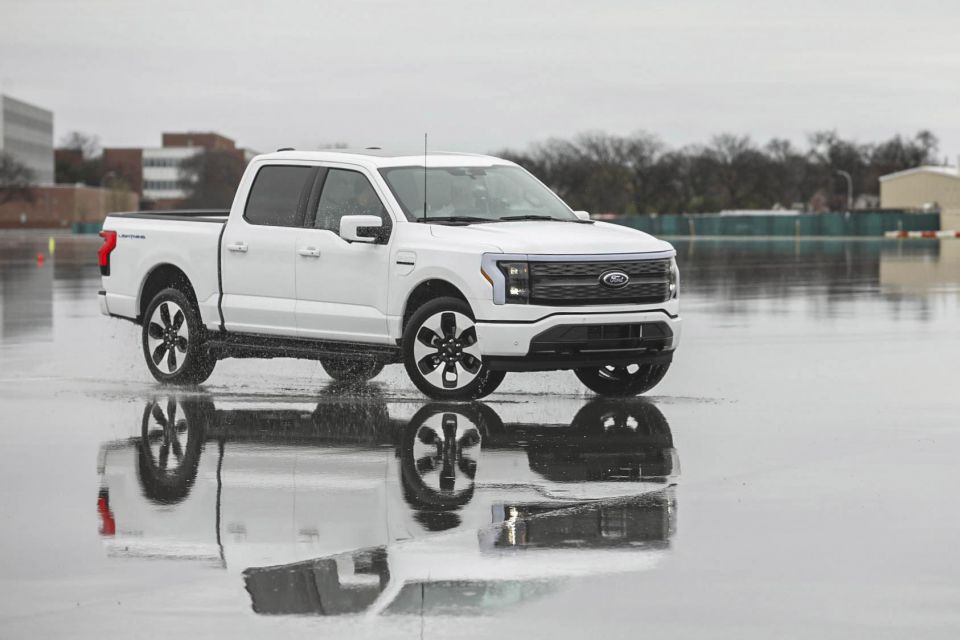
One reason for this alarming discrepancy is the claim that the majority of Australia’s top-selling utes – Toyota HiLux, Ford Ranger etc. – are unlikely to go electric in the mid-term future, unlike in the US where electric pickups such as the Ford F-150 Lightning are proliferating.
The FCAI report makes the extraordinary claim that a meagre 2 per cent of ute and van sales by 2033 in Australia are on track to be electric as things stand, and utes and vans make up almost a quarter of the overall sales picture in the Australian market.
It’s worth noting here that demand for last-mile electric vans, as well as plans from Ford, LDV, Mercedes-Benz and Renault to sell them here soon, leaves some room for doubt, although mid-size utes remain far bigger from a market share perspective here, unlike Europe.
“While regions such as Europe, China, and North America will strongly electrify vehicle offerings, South Asia remains less progressive given the lower compliance requirements and lower price levels,” the report claims
“As a key vehicle sourcing region for Australia, it leads to less electrification headed to Australia.”
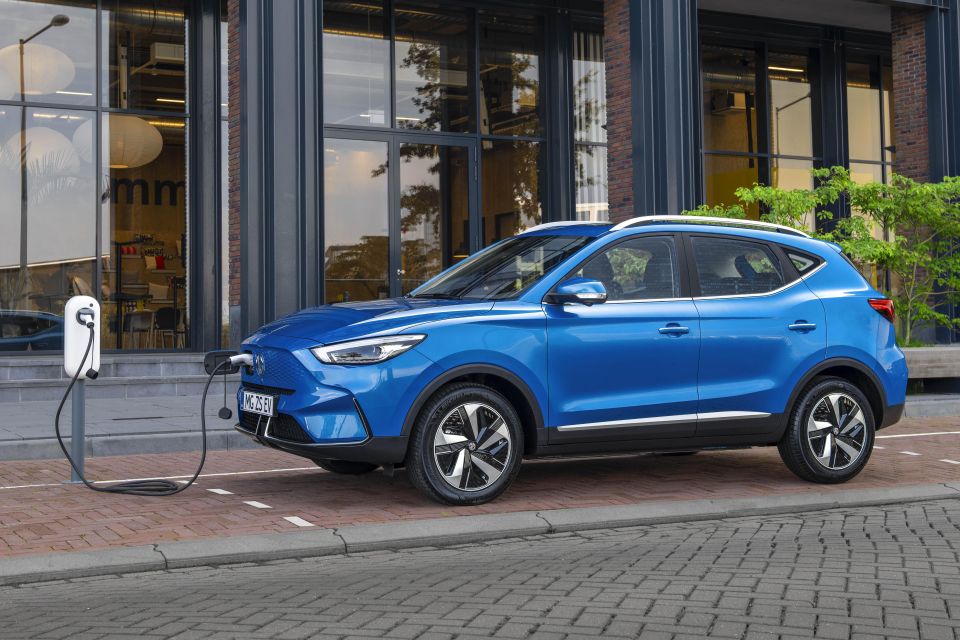
The FCAI report also claims that while the price of an entry EV passenger car will fall by $17,400 by 2030, and the price of an entry EV SUV will fall by $8490 by the same time, they’ll still be on average $10,000 to $12,500 more expensive than the cheapest ICE versions.
Any EV mandate, therefore, would potentially impact lower socioeconomic buyers, according to the FCAI, though these figures are clearly controversial ones – especially given ICE cars are certain to become more expensive as CO2 targets get harder to reach.
The EV Council’s chief executive Behyad Jafari was scathing of the FCAI’s report, reflective on a growing disconnect between the two representative bodies that are often played out in the court of public opinion.
The EV Council indeed represents many of the same car brands that are part of the FCAI, including Audi, BMW, Mercedes-Benz, Hyundai, Land Rover, Mitsubishi, Nissan, Porsche, Tesla, Volkswagen, and Volkswagen.
“The only fuel efficiency standards that will make a difference are standards in line with those that exist in the US and Europe,” argued Mr Jafari.
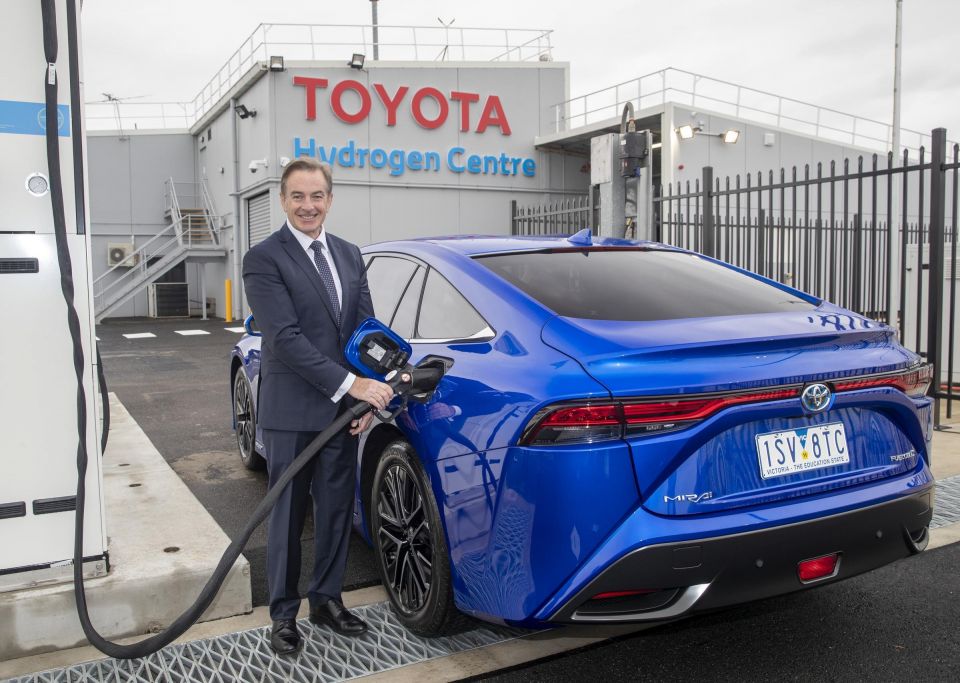
“Australia missed the boat by 30 years in introducing fuel efficiency standards making us the world’s dumping ground for dirty vehicles today. If we finally get around to it and then introduce standards that don’t work that would be a tragedy.
“Car manufacturers sell the bulk of their vehicles into markets with fuel efficiency standards because that helps avoid penalty. There is currently no such incentive in Australia, which relegates this market to a lower order priority.
“If we want to see larger and more frequent shipments of EVs to the Australian government should ignore the weak standards some in industry are lobbying for.
“There is no path to net zero by 2050 unless Australia stops selling emitting vehicles by 2035. Cars in Australia have a 15-year average life span. If we’re still selling a significant quantity of combustion engine vehicles in 2036 we fail on net zero. It’s that simple.”
Touching on the same issue, the Australia Institute think tank today said that $5.9 billion in fuel costs would have been saved and emissions equivalent to a year’s worth of domestic flights would have been avoided, if robust fuel efficiency standards were adopted in 2015.
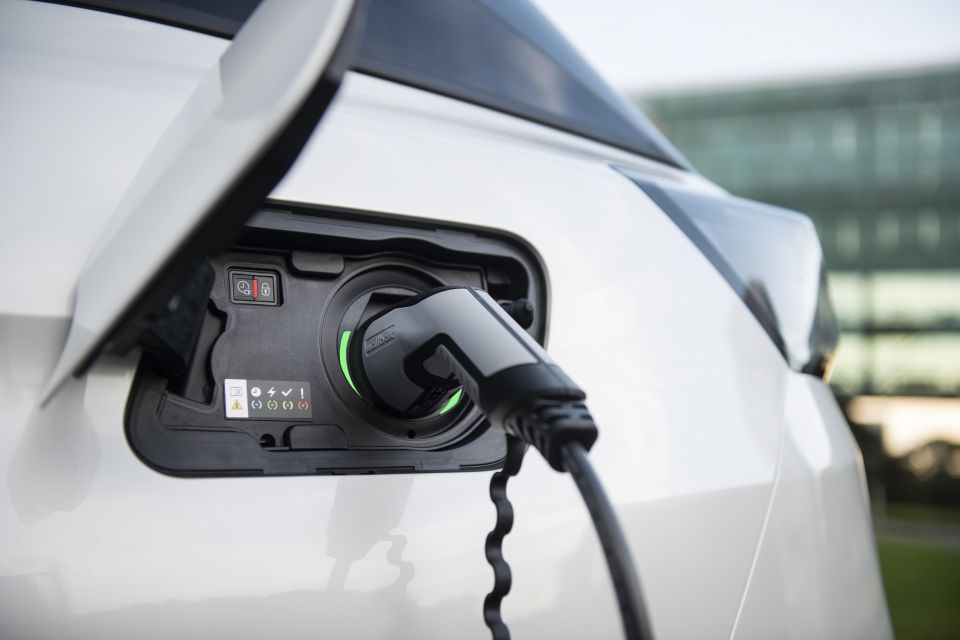
“Australians are being left behind simply because, as a nation, we are still accepting gas guzzling cars with no emissions standards. This is costing commuters money at the petrol pump and holding Australia back from reducing our emissions,” said its Climate & Energy Program Director Richie Merzian.
“… Fuel efficiency standards are a widespread and modest policy mechanism used by policymakers globally to ensure new cars are more efficient and less polluting. These standards exist across 80 per cent of the vehicle market but not in Australia despite numerous reports, inquiries and government commitments saying we need them.
“Previous attempts to introduce fuel efficiency standards in Australia have been marred by disinformation and outright lies. Unfortunately it is everyday Australians bearing the cost. Australian motorists have paid billions more for expensive foreign oil to fuel gas guzzling cars which have been rejected by the rest of the world.
“The Albanese Government has a golden opportunity to implement robust fuel efficiency standards in line with Europe. The policy is popular, helps Australians with cost-of-living, and will help drive the uptake of cleaner vehicles.”
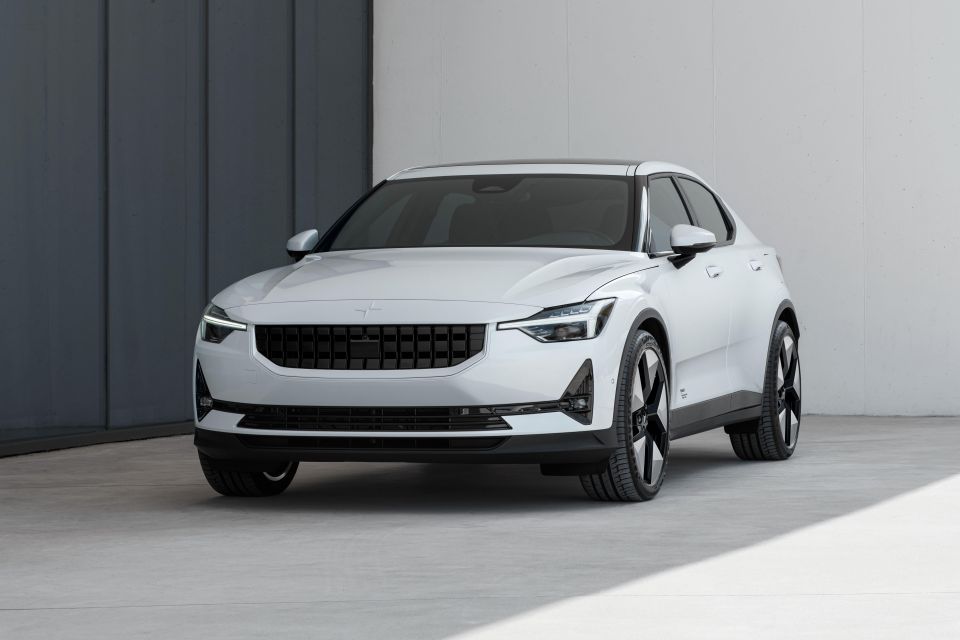
Finally, the Climate Council, which bills itself as “Australia’s leading climate change communications organisation” and is headed by former Australian of the Year Professor Tim Flannery, entered the fray following this story’s original publishing time.
The following quotes come from its Head of Advocacy, Dr Jennifer Rayner, and point readers to a page where they can forward an open letter to leading FCAI member car brands. At the time of writing 1435 people had sent the email.
“Last year, Federal Chamber of Automotive Industries (FCAI) member firms Toyota, Mazda, Mitsubishi, Volkswagen, Honda, Hyundai, Nissan and Volvo sold over half a million new cars into the Australian market. Most of those were dirtier and less efficient than the cars they sell overseas,” contended Dr Rayner.
“Australians are left paying the price for that dirty transport fleet many times over. We pay at the petrol pump because less efficient cars guzzle more fuel and we pay in rising transport pollution, which is fuelling climate change and harming our health.
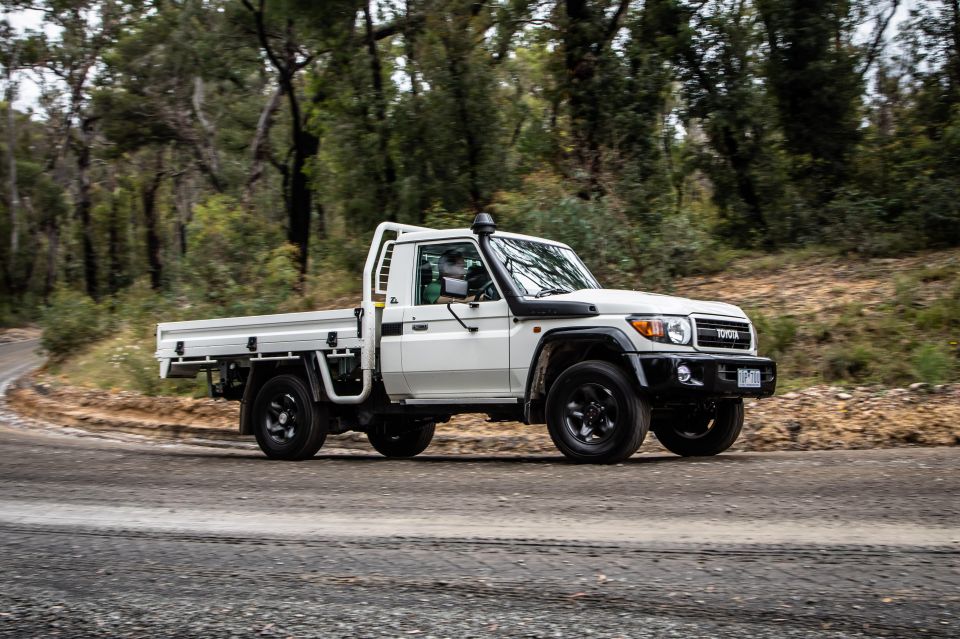
“The FCAI must arrive at the Electric Vehicle Summit [an event being held on August 19] with a stronger plan for fuel efficiency standards that prioritise and protect Australians over their own profits.
“FCAI’s members selling dirty, inefficient cars into Australia well into the 2040s is not an option if we want to achieve the deep emissions cuts needed this decade to avoid the worst effects of climate change.
“The vehicle industry must do its bit towards Australia’s new target of cutting emissions by at least 43 per cent by 2030 otherwise which other parts of our economy and community will have to do more?
“Introducing strong fuel efficiency standards is the best way to cut costs for Australians and cut our emissions for the future. The FCAI must not stand in the way of real change. It needs to stop blocking the road.”
One thing is for sure: everyone broadly agrees on the need for binding CO2 reduction targets, it’s just a matter of how deep they go, really.
MORE: All the EVs coming to Australia – Launch calendar, what’s here already?


William Stopford
6 Hours Ago
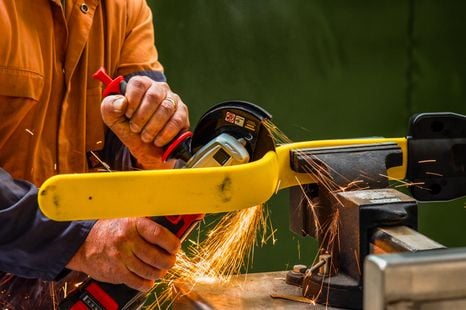

Paul Maric
7 Hours Ago
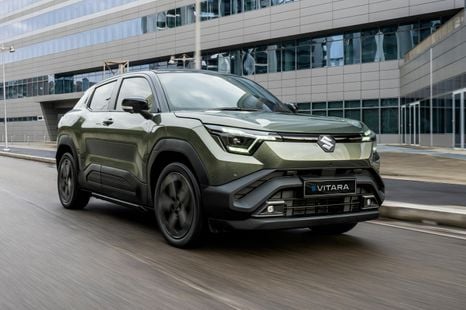

Damion Smy
7 Hours Ago
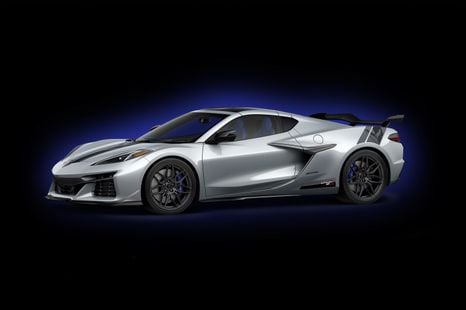

Damion Smy
9 Hours Ago
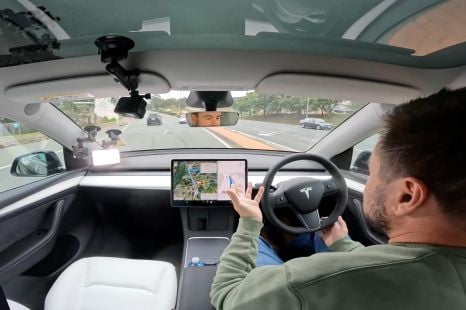

William Stopford
10 Hours Ago
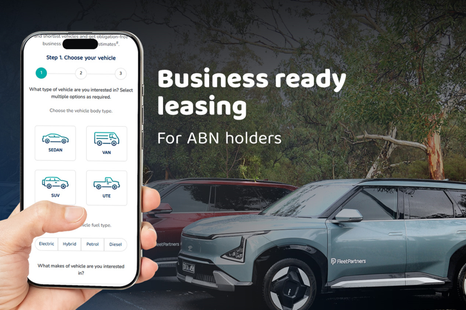

CarExpert
11 Hours Ago
Add CarExpert as a Preferred Source on Google so your search results prioritise writing by actual experts, not AI.